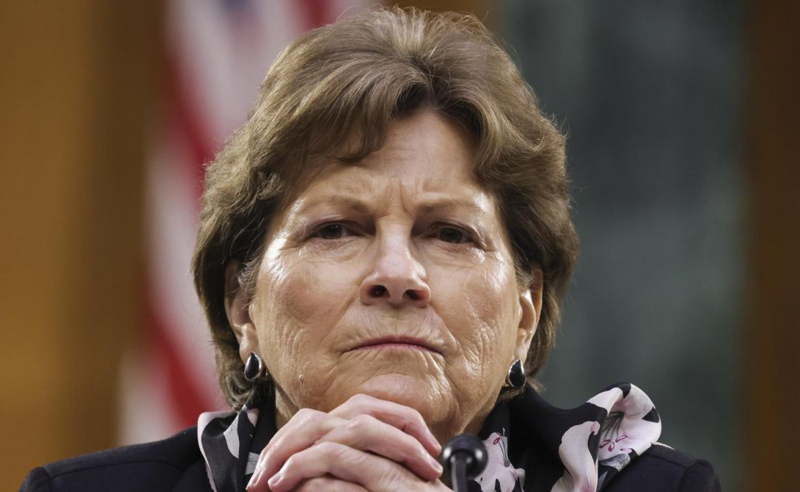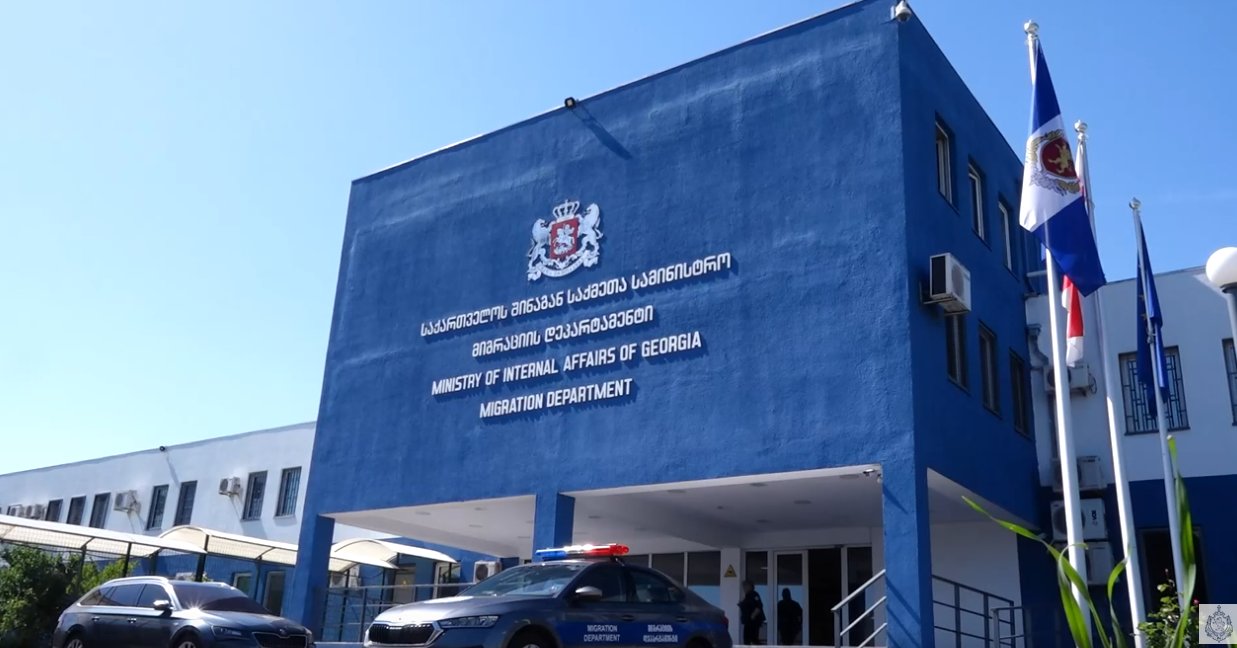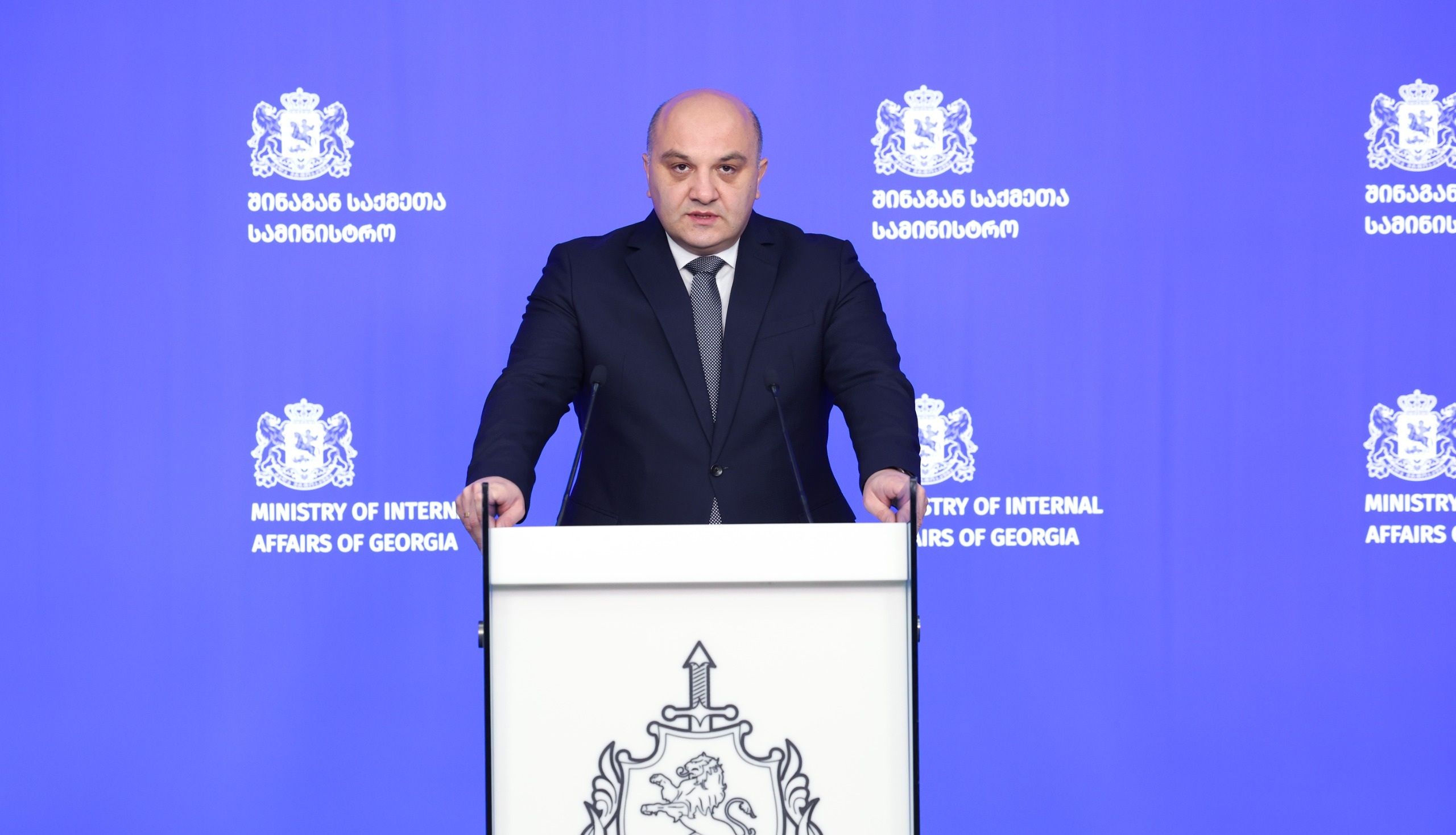All News
Popular

Ukraine

Ukraine’s General Staff says Russia has lost over 1.18mln troops since start of war

Finnish President cancels US visit, heads to Berlin for Ukraine talks

Zelenskyy calls for support 'in everything that helps protect lives, bring end to war’, following Russia’s overnight attack

Ukraine’s General Staff reports 24 artillery systems destroyed, 1,300 Russian troops lost in one day

Interview

Georgia’s former FM Menagarishvili: sooner or later, we’ll still have to talk to Russia
Georgia’s former Foreign Minister Irakli Menagarishvili said the need for dialogue with Russia stems from geopolitical reality, despite the fact that negotiations with Moscow are extremely difficult. In an interview with Front News, Menagarishvili co...















